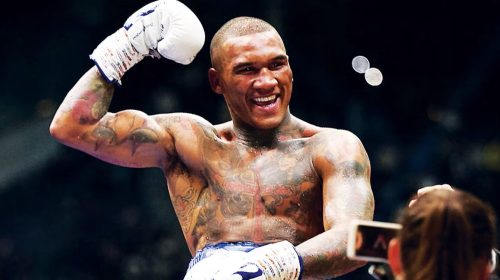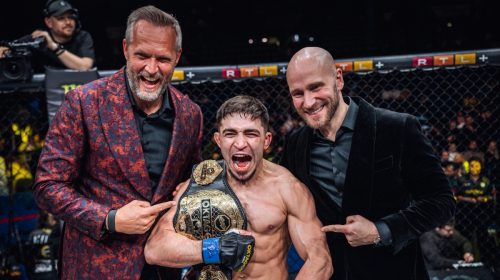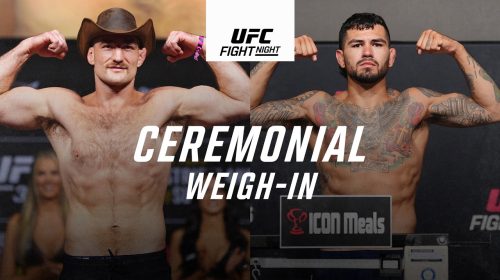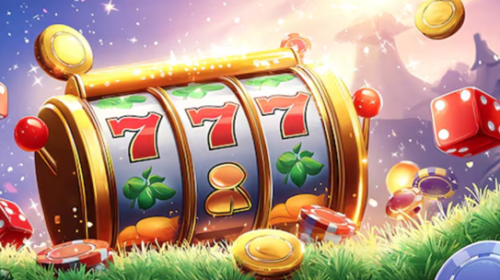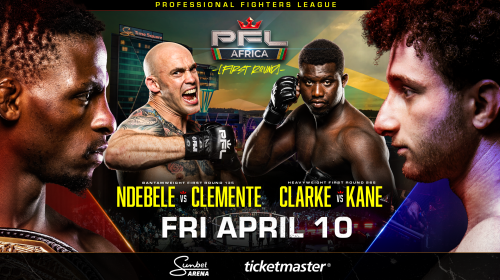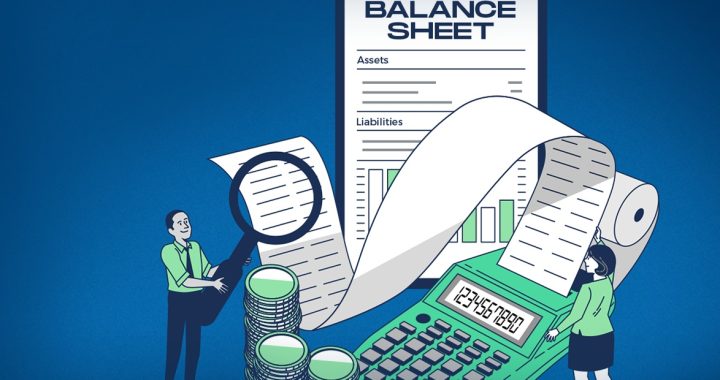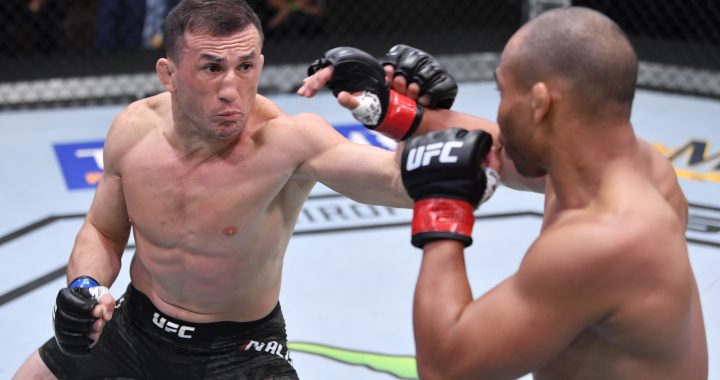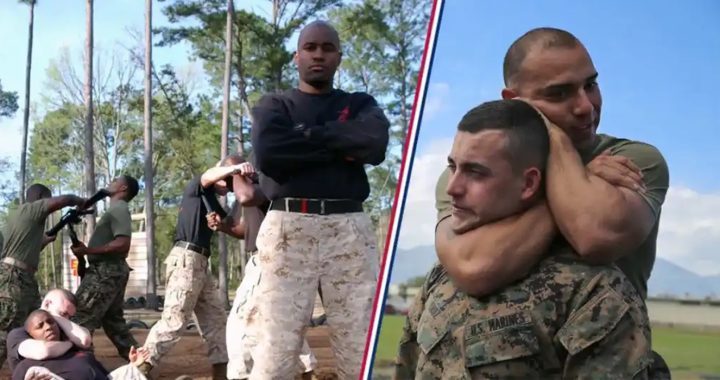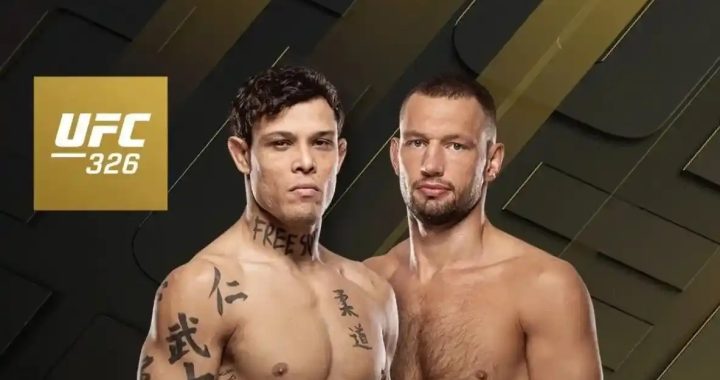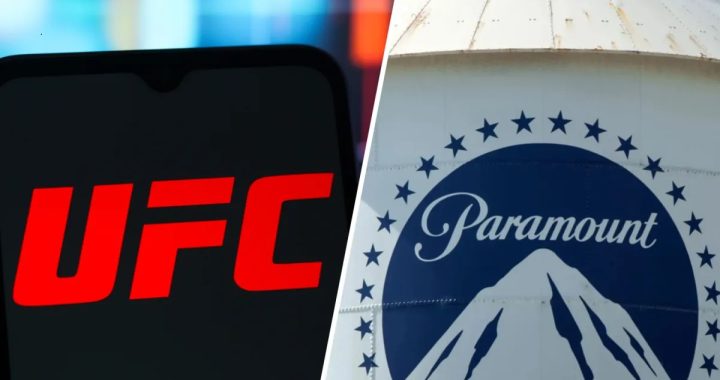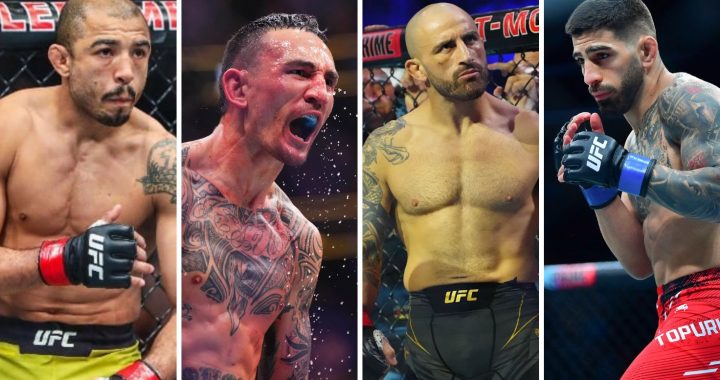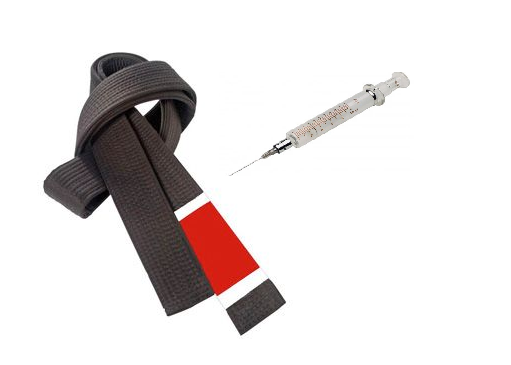
Doping in BJJ – The elephant on the mats
A few weeks ago top Australian grappler Craig Jones beat former UFC fighter Rousimar Palhares in a grappling match on the Kasai Pro card in NY. The match garnered a lot of hype as people were keen to see how the two different types of leg lockers would fair. In the run up to the event a photograph of Palhares went viral on social media. The photo showed the 38-year-old grappler looking more ripped than ever and weighing in at approximately 218lbs despite measuring only 5ft 8in in height.
Holy… somebody call Rob Liefeld, Palhares has vindicated the man’s entire art style [minus the pockets]. pic.twitter.com/69iFaC0GPo
— Zane Simon (@TheZaneSimon) August 9, 2018
Immediately people on social media began suggesting that Palhares was doping based on his prior history. He previously tested positive for elevated levels of testosterone after his 2012 fight with Hector Lombard.
Despite the large number of accusations, the excitement for the match did not seem to wane which left me with the question; if so many people are convinced that Palhares is doping, then why support such an event?
Doping Culture
The issue of doping in professional BJJ seems to be something that is well known but only occasionally mentioned. In the run up to this year’s World championships the 2017 heavy weight champion Nicholas Meregali gave an interview in which he casually stated that he believed that the use of illegal anabolic steroids is commonplace in the sport. This is an opinion that seems to be widely held among professional grapplers which is more than depressing.
This problems even seems tobe prevalent at the amateur level of the sport. Talk to any serious amateur competitor and they will give you examples and anecdotes of doping. According to these amateurs it is going on at every level including in the masters divisions. Top brown belt prospect Roberto Jimenez gave an interview last week in which blasted the culture of doping at the top amateur levels.
There have been a number of high profile athletes suspended in recent years. Current World, Pan, and ADCC champion Felipe Pena was stripped of his 2014 world title after testing positive for elevated levels of testosterone. Other famous grapplers who have tested positive for other banned substances include Braulio Estima, Paulo Miyao, Leo Nogurira, and Robert Drysdale to name just a few.
Despite these failed tests all of these the athletes returned to competition with little to no comment on their reputation or integrity as an athlete. This seems to suggest that the opinion of the BJJ community when it comes to doping is one of indifference.
Challenges
When considering doping in BJJ it is important to recognize that professional grappling is a relatively new sport. The sport currently does not have the funding to implement any kind an effective world-wide anti-doping program. There is no one unified body. This means that the logistics of testing every active professional is impossible at this stage in the sports development.
However, just because effective testing is currently not possible does not mean that grapplers should be free to cheat without consequences. In a sport where technique and respect are emphasized so much, it seems sad that so many people look to illegal supplements. The BJJ community as a whole has a responsibility to acknowledge the issue and clearly state an intent to be a clean sport.
Collective Responsibility
Promotions such as Kasai Pro also have a responsibility to promote athletes who compete fairly. Likewise, professional grapplers have a responsibility to call out doping when they see it. Even amateur athletes and coaches in gyms have a responsibility to clearly indicate that illegal doping of any kind will not be tolerated in their gyms.
The risk of turning a blind eye is that the sport will become tarnished and known as sport that condones cheating. This is something that will discourage parents from signing up their kids and will also discourage normal people from competing. If the BJJ community really want the sport to grow they need to urgently look into establishing a zero tolerance policy towards doping before it is too late.
